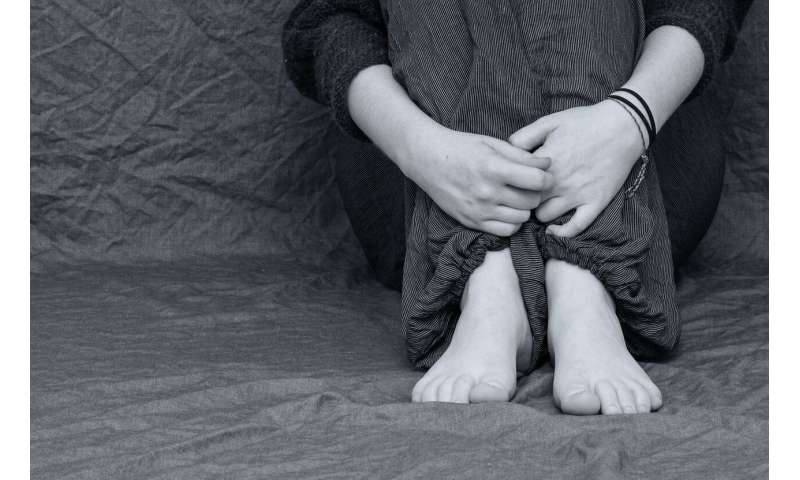Study evaluates adaptive treatment for adolescents with anorexia nervosa receiving family-based treatment

A study published in the Journal of the American Academy of Child and Adolescent Psychiatry investigated adaptive treatment for anorexia nervosa (AN), a serious psychiatric disorder with high morbidity and mortality. The current evidence supports the use of family-based treatment (FBT). However, recovery rates for youth with AN are about 40% with FBT.
Improving treatment outcomes in this adolescent age group will save lives, improve health, and prevent chronicity. This study examined the relative efficacy of adding Intensive Parental Coaching (IPC) to standard FBT for those who do not respond by FBT session 4 with adequate weight gain of 2.4 kg, a clinical predictor of recovery at the end of treatment (EOT).
This study recruited 107 adolescents and their families at two academic medical centers with specialty eating disorder services for youth, of whom 69 did not meet the weight gain threshold indicative of early response.
These early non-responding youth were randomized to continue with standard FBT or to receive three sessions of IPC. Participants were adolescents with DSM-5 AN between the ages of 12 and 18 years; 6.5% were male and 11% were Hispanic.
The main outcome was mean body mass index (mBMI) >94% expected for age. Secondary outcomes include change in eating-related cognitions. Adding IPC to FBT improved outcomes only for those youth whose parents demonstrated low parental self-efficacy at baseline.
Baseline parental self-efficacy assessment may be used to identify those families (approximately 25%) most likely to benefit from adding IPC to FBT. However, for most adolescents with AN, it is reasonable to continue with standard FBT even in the presence of an early non-response. Future studies should consider earlier interventions to improve early response rates.
Author James Lock says of the study, "Finding ways to better match treatments to individual families is an important way to improve outcomes and quality of care for adolescents with anorexia nervosa. This study found that additional specialized adjunctive parental coaching is useful, but only for specific families—and importantly those families can be easily identified through a combination of screening prior to treatment and early treatment response."
AN is a complex mental health disorder, with recovery rates below 50% for the most effective treatments. This study highlights the need for precision medicine in mental health by identifying factors that predict treatment response and enhance the ability to target specific interventions.
More information:
James D. Lock et al, Who Responds to an Adaptive Intervention for Adolescents With Anorexia Nervosa Being Treated With Family-Based Treatment? Outcomes From a Randomized Clinical Trial, Journal of the American Academy of Child & Adolescent Psychiatry (2023). DOI: 10.1016/j.jaac.2023.10.012
Provided by Elsevier